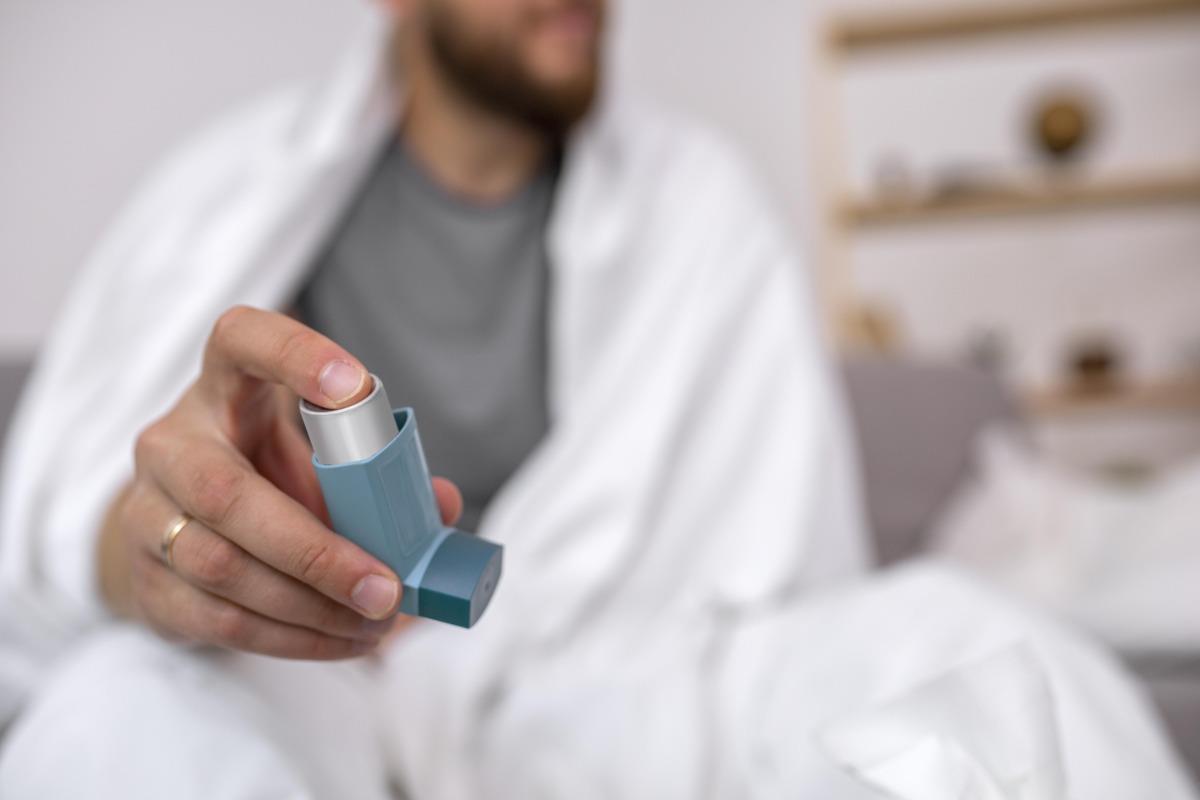
Insights From PHCC Expert On Respiratory Health Challenges During Winters
Doha, Qatar: Winter is closely linked to an increase in respiratory infections, as it is considered a season of heightened allergies and respiratory inflammations. Influenza is the most common, with several types of microbes responsible for respiratory infections, including viruses and bacteria. Allergies, on the other hand, are a type of inflammation without microbes and can increase the risk of bacterial infections by creating an unclean environment in the mucous membranes. Generally, allergy activity negatively affects the body's overall immunity.
Dr. Nizar Haddad, Family Physician at Mesaimeer Health Center under the Primary Health Care Corporation (PHCC), explains that during seasonal fluctuations between summer and winter, symptoms of respiratory diseases increase. Cold weather causes the airways of asthma patients to narrow, leading to coughing, wheezing, and shortness of breath.
Dr. Nizar Haddad, Family Physician at Mesaimeer Health Center
Bronchial constriction
A drop in temperatures can affect breathing dynamics and may increase the respiratory rate as the body attempts to cope with the cold. This can lead to a feeling of breathlessness and oxygen deficiency in individuals exposed to cold weather. Cold air also directly affects the bronchial tubes, sometimes causing them to constrict, which may result in chest tightness and difficulty breathing.
Dry mucous membranes
Dr. Nizar Haddad adds that cold weather is accompanied by dry air and low humidity, leading to dryness in the respiratory mucous membranes. This increases the likelihood of nosebleeds and bronchitis. This dryness can also cause throat and larynx itching and dry coughing.
Thus, the drop in temperatures and cold weather pose a particular challenge for respiratory patients, such as those with asthma or chronic obstructive pulmonary disease (COPD). These patients experience bronchial constriction when exposed to cold air, which can cause coughing, difficulty breathing, and chest tightness. In some cases, the cold may even trigger severe asthma attacks, requiring emergency treatment.
Heating and body hydration
To face these winter challenges, Dr. Haddad advises starting with the basics: wearing appropriate clothing for the season to help the body retain its temperature. Wearing a scarf or mask over the mouth when going out into the cold can also make it easier for the respiratory system to handle cold air. It is also preferable to avoid direct exposure to cold winds and drafts.
It is also essential to keep the body hydrated to increase resistance to dry air, which can be achieved by drinking adequate amounts of fluids and water.
Regular medication intake
It is also crucial for respiratory patients, such as those with asthma or COPD, to take their medications regularly and discuss treatment protocols with their doctor based on their condition during cold weather. This ensures they have a clear treatment plan for the season and in emergency situations.
If you are someone affected by cold weather, it is best to avoid it as much as possible and stay in warm places to ensure your safety.
Dr. Haddad concludes by reminding everyone that he and his colleagues at PHCC are always available to assist and answer any inquiries.

Legal Disclaimer:
MENAFN provides the
information “as is” without warranty of any kind. We do not accept
any responsibility or liability for the accuracy, content, images,
videos, licenses, completeness, legality, or reliability of the information
contained in this article. If you have any complaints or copyright
issues related to this article, kindly contact the provider above.


















Comments
No comment